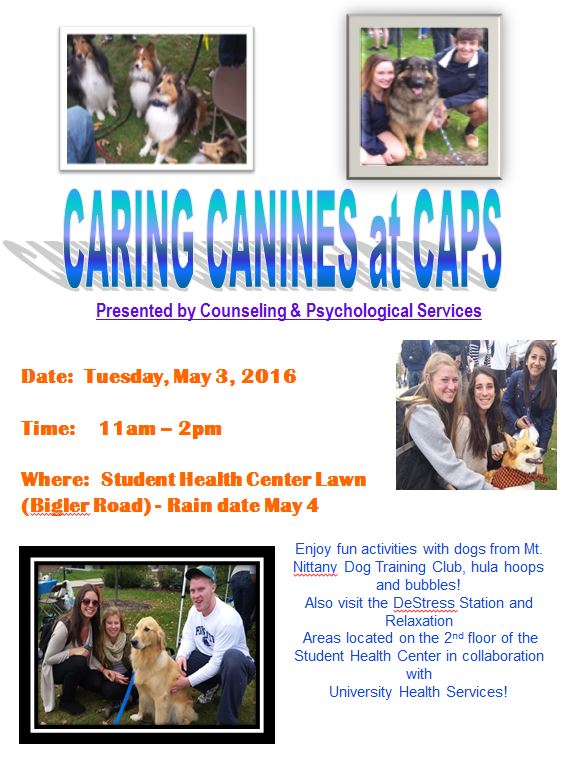Hiking is a great outdoor activity; however, it is important, especially during the warmer months, to protect yourself from tick bites.
Lyme disease is caused by bacteria that is spread to humans through tick bites. If left untreated, the infection can spread to joints, the heart, and nervous system. Lyme disease is most common in the Northeast and North-central states. In 2014, 96% of Lyme disease cases occurred in only 14 states, Pennsylvania being one of them.
Here’s what you can do to reduce the chances of getting a tick bite.
- When possible, where a hat, long sleeves, long pants, and tuck your pants into your socks.
- Walk in the center of trails and avoid areas with high grass and leaf litter.
- Use DEET repellent or another repellent recommended by the Environmental Protection Agency
- Bathe or shower as soon as possible after coming indoors.
- Use a mirror to conduct a full-body tick check.
- Tumble clothes in a dryer on high heat to kill off any remaining ticks.
When caught early, Lyme disease can be cured completely with antibiotics. Schedule an appointment with your doctor if you notice any signs or symptoms of Lyme disease. Symptoms often include fever, chills, headache, fatigue, muscle and joint aches, and swollen lymph nodes. Learn more about how to remove a tick as well as other essential information about Lyme disease at www.cdc.gov/lyme/index.html .
Enjoy your time in nature and stay safe!
Source: http://www.cdc.gov/lyme/index.html


